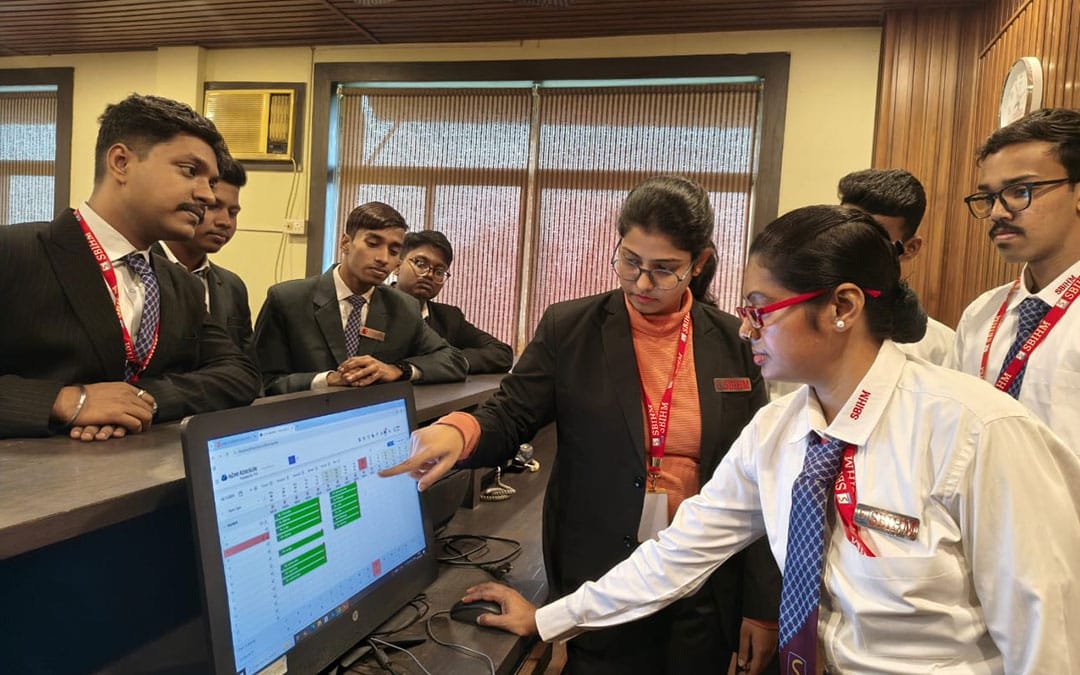Traditionally, leadership positions in healthcare were reserved for individuals with decades of experience. However, today’s healthcare landscape is witnessing a paradigm shift in how leadership is perceived, acquired, and applied in hospitals and other healthcare organizations globally.
The modern medical sector now values what someone can do over how long they have been doing it, and emphasizes initiative over hierarchy. Whether you are a high school graduate or a mid-career professional, the opportunity to become a leader in the hospital setting is more accessible than ever before.
This transformation is driven by structured, industry-aligned hospital management courses that prepare individuals—across a wide age range—to confidently step into leadership roles, regardless of age or seniority.
The Transformation of Healthcare Leadership
Historically, healthcare leadership followed a tenure-based model, where authority was achieved only after ascending the administrative ladder over many years. However, the realities of a rapidly digitalizing industry, changing patient demands, and increasingly complex healthcare operations have redefined what it takes to be a leader.
Healthcare institutions now require professionals who can think critically, act decisively, and lead effectively—regardless of their age or title. This shift has created space for younger, more agile professionals who bring fresh perspectives and tech-savvy solutions to the table.
For example, a young graduate trained in hospital management who understands patient coordination, billing systems, and healthcare communication may prove more effective in a real-world setting than an older employee who hasn’t kept up with modern systems.
Early Beginnings: Leadership Training from Class 10 Onwards
Leadership development in healthcare can begin as early as after Class 10. Entry-level programs—such as Diploma Courses in Hospital Management—offer students an early start in healthcare administration.
These courses typically cover:
- Hospital operations
- Patient relationship management
- Front office administration
- Healthcare information technology
- Medical terminology basics
By the end of the course, students are equipped to handle functional responsibilities in clinics, hospitals, diagnostic labs, and even in medical tourism firms—where, with experience, they can rise to leadership positions.
Bachelor-Level Courses That Shape Future Healthcare Leaders
After Class 12, students can opt for more specialized degrees such as a Bachelor’s in Hospital Management. These programs don’t just impart academic knowledge—they mold confident healthcare professionals capable of managing systems, leading teams, and improving service delivery.
The curriculum typically includes:
- Hospital planning and administration
- Healthcare public relations and marketing
- Hospital quality management
- Financial management in healthcare
- Human resource management for medical institutions
- Medical ethics and health law
- Information technology in healthcare
These courses often include internships and hands-on training in real hospital environments, providing students with a firsthand understanding of daily operations, crisis management, and decision-making dynamics.
In the Real World: Leadership Without a Title
Leadership in healthcare doesn’t always require a formal title.
Consider a young hospital management graduate working in an outpatient department. Observing long patient queues, they propose a new scheduling format. After implementation, patient wait times are reduced by 40%. This is ground-level leadership—problem-solving, team coordination, and data-driven decision-making—led by someone not in a managerial role but empowered by education and insight.
These are the kind of real-world impacts enabled by structured hospital management education.
Why We Must Pay Urgent Attention to This Field
The healthcare sector is expanding rapidly—both in terms of technology adoption and rising patient expectations. Hospitals today require more than just doctors and nurses; they need skilled managers who can handle:
- Logistics
- Financial operations
- Human resources
- Regulatory compliance
- Digital systems
Those who pursue hospital management courses are being actively recruited by:
- Super-specialty and private hospitals
- Government healthcare departments
- Medical tourism businesses
- Health insurance companies
- Diagnostic laboratories
- NGOs and public health organizations
- Telemedicine platforms and health-tech startups
The job market is evolving, and leadership potential is no longer dictated by years of experience. Today, it’s open to anyone who is qualified, confident, and ready to take initiative.
Concluding Thoughts: The Starting Point Matters
Leadership isn’t just about holding titles or leading large teams—it’s about recognizing what needs to be done, acting on it, and inspiring others to follow. In healthcare, every decision matters because it can directly affect lives.
Whether you’re a student exploring career options or a professional aiming to grow, the best step you can take today is to begin your journey. Hospital management is no longer a peripheral support function; it is now a core domain of leadership.
Explore accredited, industry-relevant hospital management courses to unlock your leadership potential. Whether you’ve just completed Class 10, your higher secondary education, or are seeking a mid-career pivot, a leadership path is available for you.

